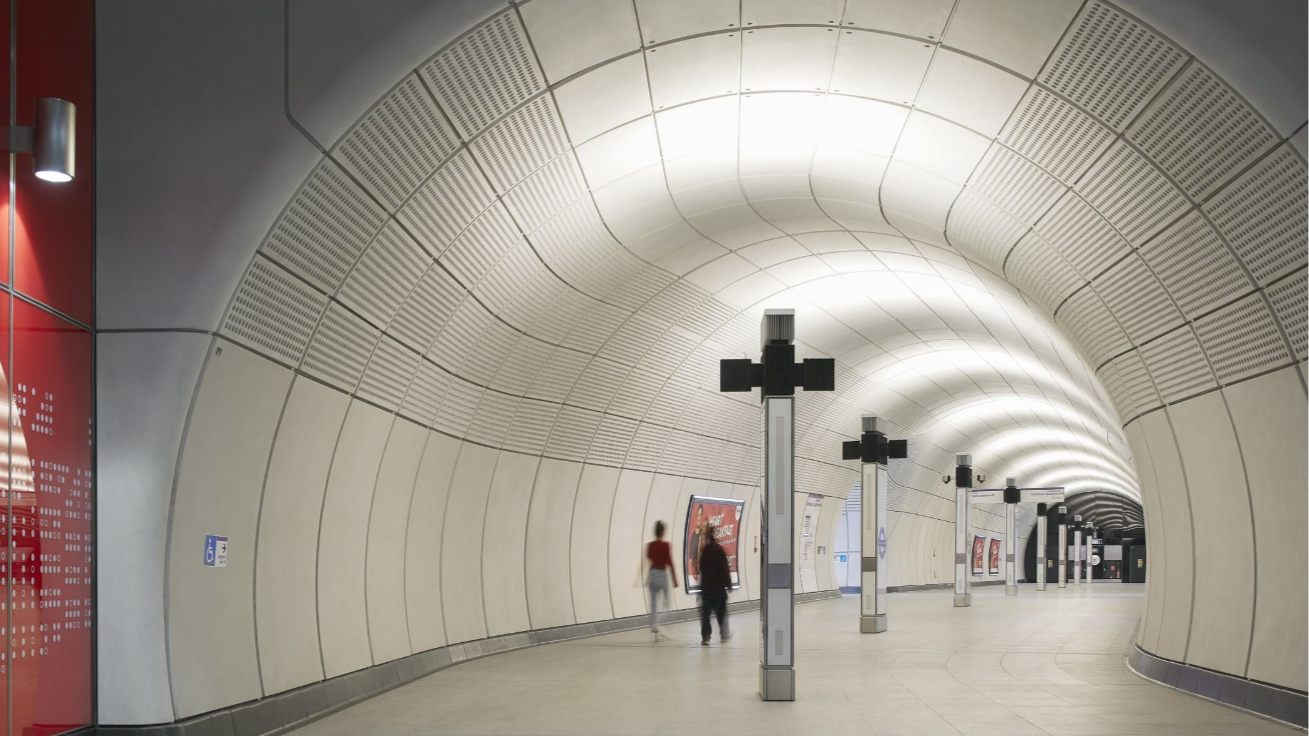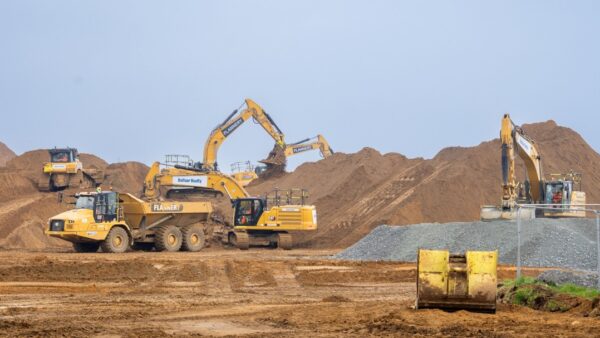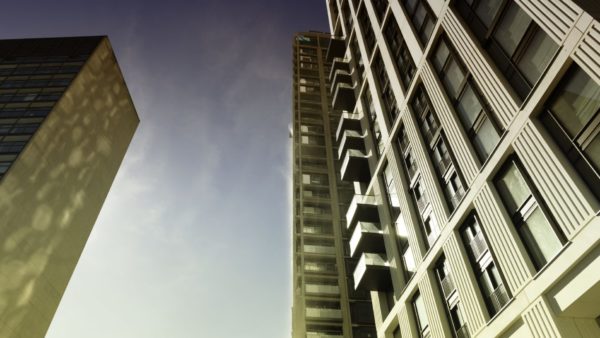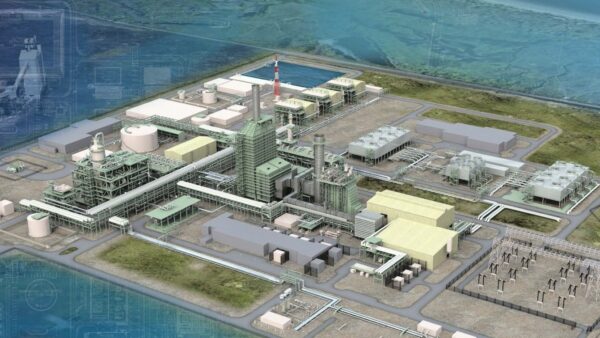
London’s Elizabeth Line has won the prestigious 2024 RIBA Stirling Prize for architecture.
The transport network was designed by Grimshaw, Maynard, Equation and AtkinsRéalis and built by several major contractors working either alone or in joint ventures, including BAM Nuttall, Kier, Balfour Beatty, Morgan Sindall, Dragados and others.
The line runs from Reading and Heathrow in the west to Essex and south-east London and spans 100km of tracks and 42km of tunnels.
The winning scheme comprises platform architecture, passenger tunnels, escalators, station concourses, signage, furniture, fittings, finishes and supporting technology. The 10 new stations were each designed separately.
‘Colossal network of tunnels’
Muyiwa Oki, RIBA president and Stirling Prize jury chair, said: “The Elizabeth Line is a triumph in architect-led collaboration, offering a flawless, efficient, beautifully choreographed solution to inner-city transport.
“Descending into the colossal network of tunnels feels like entering a portal to the future, where the typical commuter chaos is transformed into an effortless experience.
This is architecture of the digital age – a vast scheme that utilises cutting-edge technology to create distinctive spatial characteristics and experiences.
“It rewrites the rules of accessible public transport, and sets a bold new standard for civic infrastructure, opening up the network and, by extension, London, to everyone.”
A complex megaproject
Construction of Crossrail, as the project was originally known before being renamed Elizabeth Line after the late Queen Elizabeth II by former London mayor Boris Johnson, began in 2009.
It was due to open in 2018, but several delays pushed back completion until May 2022. Its final cost was estimated at around £19bn, almost £4bn over the 2010 budget.
A 2021 National Audit Office report said the project did not have “sufficiently effective commercial levers” with its main contractors to prevent cost and schedule increases.











